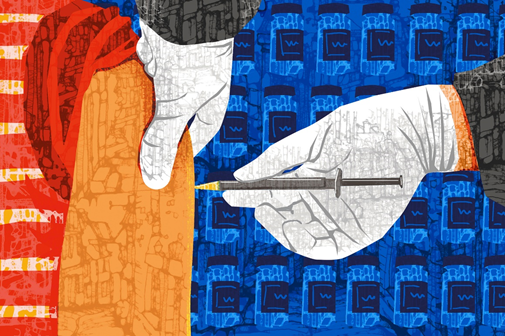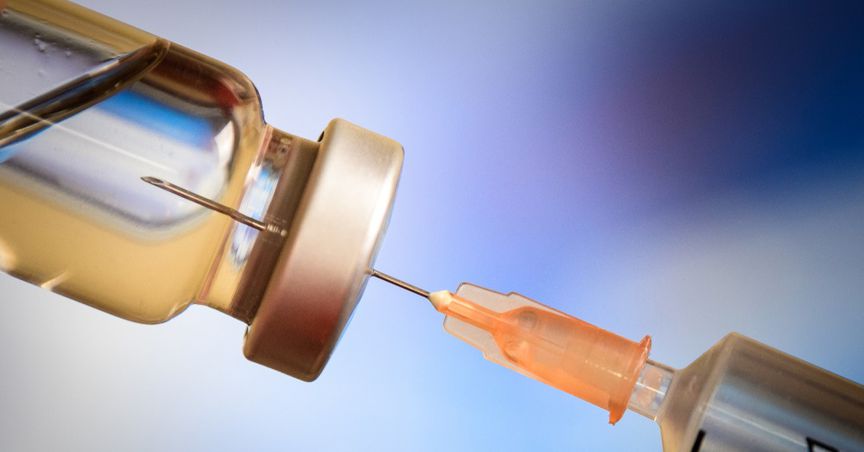Summary
- Results of a new study show that the Pfizer-BioNTech COVID-19 vaccine may have the capability to neutralize the new mutant coronavirus variant found in Britain.
- While the results were not conclusive, they have been described as “promising”.
- The research team said that it is prepared to modify the vaccine if need arises.
- A separate research found that about half of a sample group did not have the antibodies needed to fight off the new coronavirus variant that has emerged in South Africa.
Results of a new research published on Wednesday, January 20, show that the COVID-19 vaccine created by Pfizer Inc and BioNTech SE may have the capability to neutralize the new mutant coronavirus variant that has emerged in Britain.
The research team that conducted the latest study, led by BioNTech CEO Ugur Sahin, have said that based on its results, it is “very unlikely” that the mutant variant found in the UK will go unbeaten by the shot.
Latest Pfizer-BioNTech Vaccine Study
Researches conducted in the past were targeted at one mutation of the coronavirus. However, the latest one was carried out on 10 different mutations spotted on its spike protein.
As per the latest study, the antibodies in the blood of those immunized by the Pfizer-BioNTech shot were able to fight off a lab-manufactured version of the UK mutant coronavirus just as effectively as they did the original COVID virus.

©Kalkine Group 2021
While the results were not conclusive, they have been described as “promising”. The BioNTech research team said that it is prepared to modify the vaccine if need arises, which could possibly be the case as evidence of a whole new mutant variant has cropped up in South Africa.
South African Coronavirus Strain Raises Concern
When a separate research was conducted for the mutant coronavirus strain found in South Africa, scientists discovered that about half of recovered COVID patients in a sample group did not have the antibodies needed to fight off the new variant. The research, which was conducted at the National Institute for Communicable Diseases in South Africa, suggested that these patients may not be safe from reinfection.
Blood samples from the other half of the sample group showed antibodies, but at a reduced level. The risk of reinfection in these patients could not be determined, the institute said.
The research overseen by the South African institute were reportedly not peer-reviewed and conducted on a small group of test candidates.



